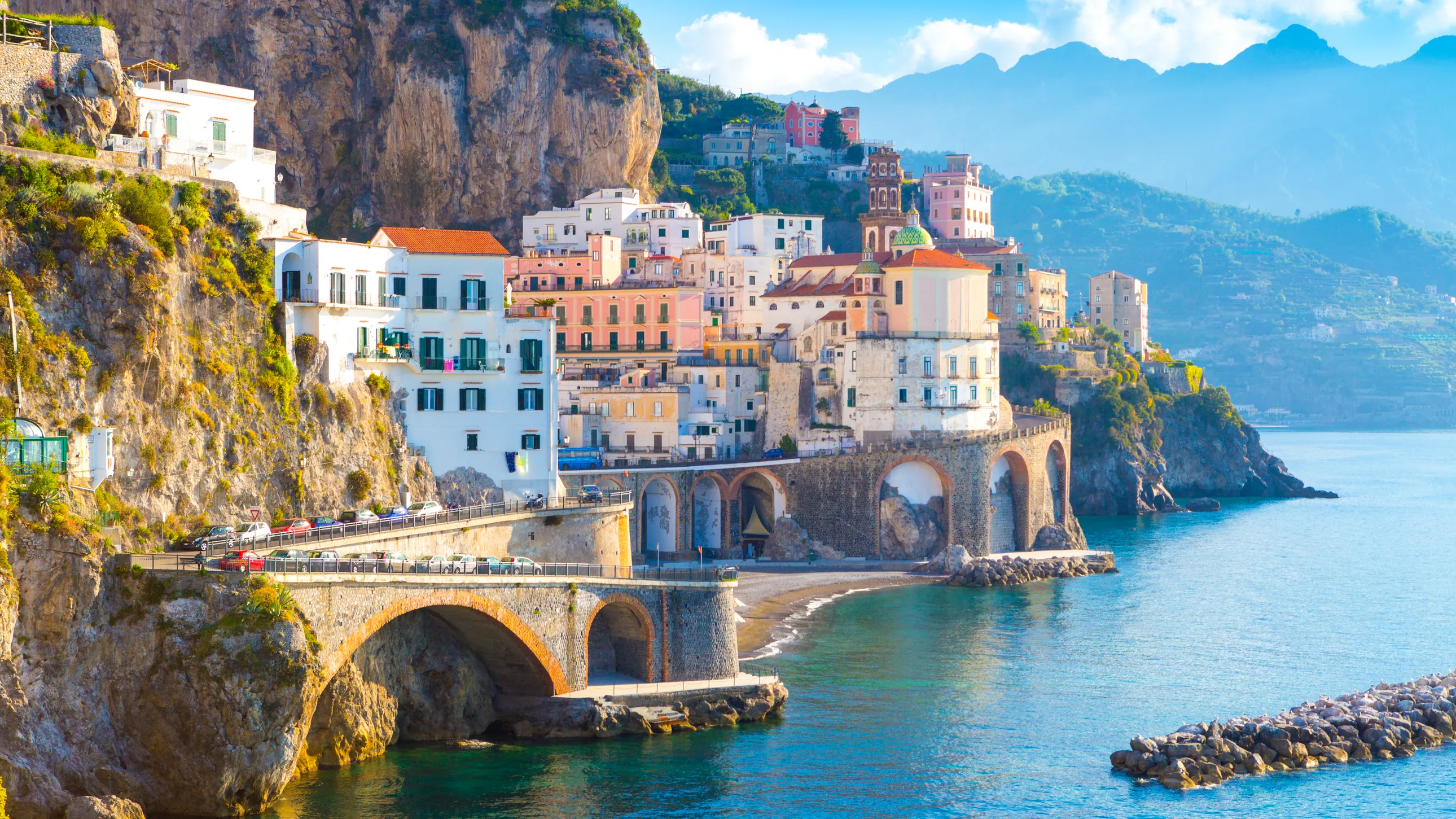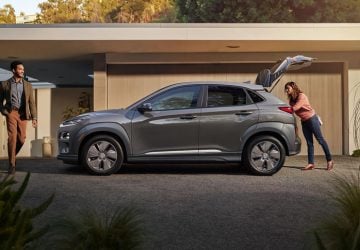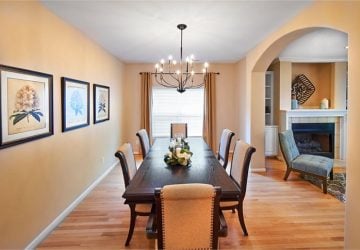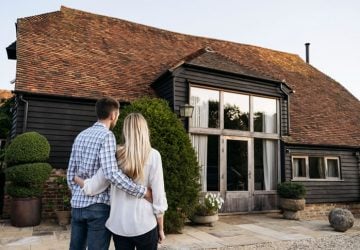Discover the Booming Appeal of Stylish Prefab Homes in Today's Lifestyle
Modular housing, commonly known as prefab homes, is gaining traction among 21st-century homebuyers. Assembled from pre-made sections that are fabricated at an off-site facility, these homes are designed for easy transportation and swift assembly. They stand out from on-site constructed homes by offering the contemporary benefits of streamlined building practices, environmental sustainability, and cost savings.
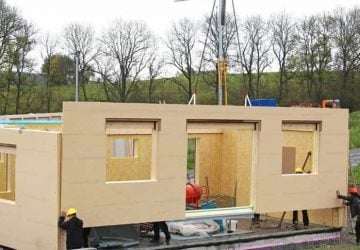
Streamlined Manufacturing and Design Benefits
Prefab homes stand out due to the streamlined and efficient manufacturing process. Constructed in a controlled environment, these modules are unaffected by typical construction delays, such as poor weather or unforeseen on-site challenges. This leads to quicker build times and consistent quality. Manufacture in a factory allows for meticulous craftsmanship, reduced material waste, and a more secure construction, resulting in superior insulation and heightened energy savings. These advantages not only lower costs but also diminish the environmental footprint, aligning with eco-minded consumer values.
Customizable and Adaptable Living Spaces
Dispelling myths of limited choice, modern prefab homes boast extensive customization. Buyers can select from an array of layouts, finishes, and add-ons, permitting personalization to one's unique style and functional requirements. This degree of options ensures that a diverse range of designs is possible, satisfying varied architectural preferences. Furthermore, the adaptability of modular structures simplifies future modifications, an attractive feature for families whose space needs may shift over time.
Cost Savings and Economic Efficiency
Modular homes typically present more economic advantages than traditional construction. The bulk production of modular components often leads to lower unit costs. Compressed construction timelines result in decreased labor costs, and the predictability of the manufacturing process limits unexpected expenditures that are common in traditional builds.
Eco-Friendly Construction and Reduced Energy Consumption
The eco-friendly nature of modular homes is a significant selling point. These structures commonly use sustainable materials and are engineered to reduce energy consumption. Precision in the factory setting drastically cuts down material waste. Moreover, their enhanced airtightness means better energy conservation, leading to cost savings on energy bills for residents.
Potential Challenges and Future Considerations
While prefab homes have many upsides, challenges do exist. Transporting the home's modules from the factory to the construction site can become costly, especially if the site is in a more secluded area. Site preparation, including laying a foundation, must be ready before the home arrives. Despite outdated notions of modular homes being inferior, advancements in technology and design continue to elevate their standing and acceptance in the housing market.
To conclude, modular homes represent an innovative alternative to traditional construction, delivering on efficiency, customization, cost savings, and ecological responsibility. As advancements push forward, modular housing is poised to play a significant role in the future of domestic dwellings. They are an appealing choice for those seeking a modern and intelligent approach to homeownership, offering a fusion of practicality and forward-thinking design.
-
1

Explore Thrilling Adventures: Unveil the World's Very Exciting Travel Destinations
-
2

Unlock the Secrets to Maximize Your Kona SUV's Fuel Economy
-
3

Unlock the Highest Resale Profit: Expert Tips for Boosting Your Kona SUV's Value
-
4

Effortless Adaptation to Senior Apartment Living: Master the Transition with This Ultimate Strategy
-
5

Transform Your Senior Apartment into a Cozy and Charming Retreat: Personalized Touches to Make It Truly Home
